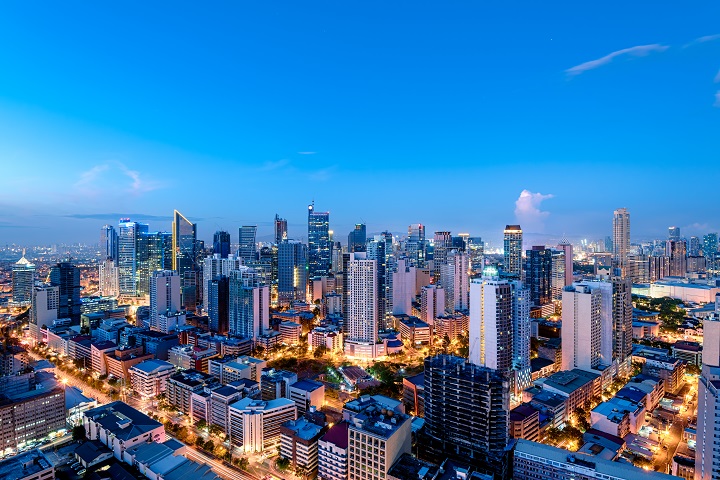
The European Chamber of Commerce of the Philippines (ECCP) highlights the effective rollout of the national vaccination program, the enactment of key economic reforms, and continued economic response measures, as crucial points for the Philippines’ recovery path to gain more stability.
ECCP President Lars Wittig emphasizes the vital role of vaccine administration and improvement of the country’s public health care system to achieve the goal of pandemic and economic recovery. He said, “Fighting COVID is an uphill battle. But we are cautiously optimistic that we can recover. We must keep the economy afloat and upbeat.”
In terms of COVID-19 immunization, the Philippines ranks 9th in the ASEAN region in terms of share of fully vaccinated individuals out of the national population. “An accelerated vaccination deployment and significantly decreased mobility restrictions could contribute to a better fourth-quarter performance in 2021 and recovery in 2022,” Wittig said, acknowledging the inoculation progress and eased quarantine rules in the past weeks, while noting the possible risks due to the Omicron variant.
ECCP also ascertains that economic gains may be obtained through the implementation of policies that encourage higher investor engagement in the Philippines. Economic policy reforms that eliminate barriers on foreign investment would stimulate healthy market competition and improve the ease of doing business.
In 2021, the Philippines placed 52nd out of 64 economies in terms of global competitiveness, a drop from 45th in 2020. In the same year, the Philippines ranked 95 out of 190 economies in terms of ease of doing business. Similarly, the Philippines has yet to maximize its potential to appeal to more foreign players, with the Oxford Economics Data ranking the country 13th out of 14 economies in the area of FDI Attractiveness. The economy remains to be among the most restrictive, placing 81st out of 83 countries, according to OECD’s 2020 data on FDI Restrictiveness.
The Philippines accounted for only around 4.6% of the European Union’s USD313 million FDI stock in the ASEAN region in 2019. For Wittig, allowing more foreign investor participation in the Philippines will further attract European businesses in areas such as energy, water, waste management, smart infrastructure, and mobility, that altogether offer social, economic, and environmental opportunities. Wittig underscored, “Through economic reforms such as the Amendments to the Public Services Act and the Foreign Investments Act, we can get ahead of the pack. But, in order to not lose out, we need to do something now — bigger, better, and faster. Through the Retail Trade Act amendments, we can also provide a better range of options at better prices. With these measures, we can create more jobs and drive growth.”
The ECCP applauds the efforts of the Philippine government to initiate reforms to attract more investments and jobs in the country. As of writing time, the FIA amendments have been ratified by the House and Senate and may soon be submitted to the Office of the President, while the RTLA amendments shall be adopted soon. More recently, amendments to the PSA were approved in 3rd reading at the Senate, opening up 100% foreign ownership in sectors including telecommunications and air carriers. These three measures were certified as urgent by President Duterte, and their implementation are supported by the DOF, NEDA, and DTI, among other agencies.
For the Chamber, the Philippines will be able to meet its growth target by likewise tackling fiscal measures and pandemic-related debt. Meanwhile, particularly with the approaching 2022 national elections, Wittig said, “We stand ready to collaborate with the next administration to accelerate recovery and progress, as well as to shape a more inclusive and sustainable growth narrative for the Philippines through increased trade and investment, improved competitiveness and ease of doing business, continued pandemic response, and restoring consumer confidence.”

